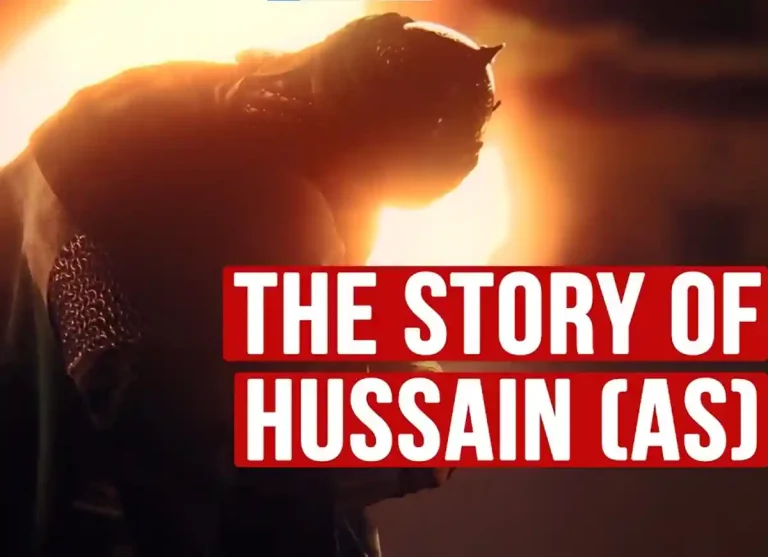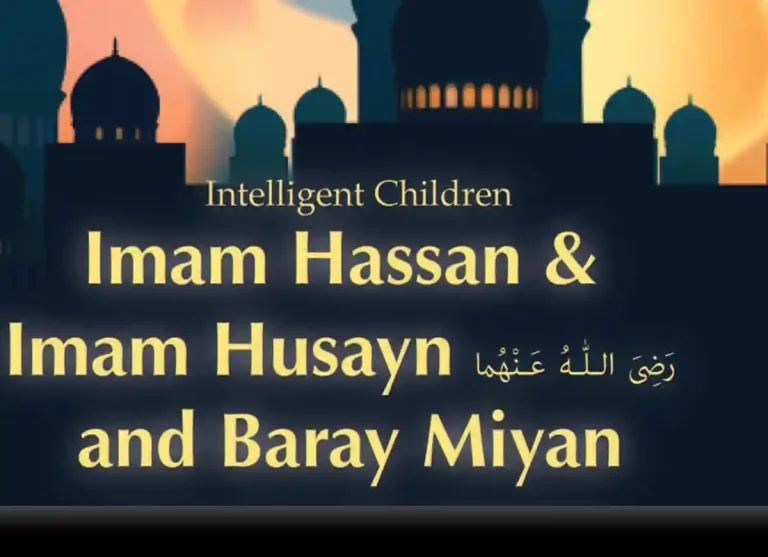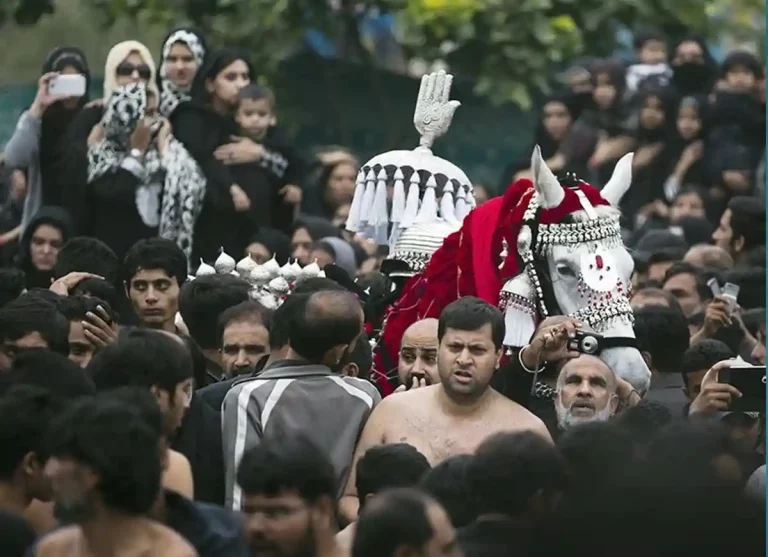Zakat: Navigating Common Statements: Unraveling The Five Frequently Made Assertions in the name of God Most Gracious Most compassionate
The goal of this article is to analyze the five statements below that are commonly used by Muslim Imams and community leaders:
Muslims have reached a depressing situation due to the fact that they do not follow their religion. Quran and Sunnah
The issue of the poverty problem in Muslim countries would be eliminated If everyone contributed to the amount of Zakat.
Whatever good individual you may be, you won’t be able to go to Paradise If you do not possess real Iman (Faith)
We need to think more in terms of Akhira (life beyond death) rather than Dunya (this existence).
Everything you do must be done in order to please Allah (SWT).
Two aspects of these assertions are worth mentioning. In the first place, these statements are ascribed a sacred historical significance to them. Moreover, the majority of Muslims consider them to be an issue of faith. Furthermore, every statement is stated in broad words. The saying goes”The devil is in the particulars. So, we’ll go over these assertions one at a time in specifics.
1. Muslims have reached a depressing situation due to the fact that they do not follow religiously the Quran as well as the Sunnah.
Two questions immediately pop up. What is it really that Muslims aren’t doing according to Quran or Sunnah? What are these countries that aren’t Muslim (and therefore cannot follow those who follow the Quran as well as the Sunnah) are financially, technologically, and militarily modern and are imposing their will onto Muslim nations?
An answer to this issue could be found in the poetry and writings from Mohammed Iqbal, philosopher and poet from the Indian Sub-Continent. For instance, in the poem “Jawab-e-Shikwa” (Answer to the Complaint), Iqbal points out that even a non-believer, when he adheres to the Islamic way of life is blessed by God.
In a letter addressed to one of his close friends, Iqbal writes: Western nations have advanced because of their active lifestyle (Quwwat-e-Amal) as well as their determination to take on nature.
The Islamic method of living according to Iqbal is to seek the pursuit of knowledge, building character, and having the will and determination to achieve things in life, not simply adhering to the rituals in the smallest of specifics.
This seems to be the main flaw of our Muslim Ummah. Thus, a correct interpretation of the above mentioned statement is that Muslims should cultivate an unwavering desire to progress in the pursuit of knowledge and an unwavering determination to pursue the curiosity-driven spirit, establish a solid national character, and join together in issues that affect the most important. Small differences in the practices and requirements outside of the mosque should be left to individual.
2. The issue with poverty that plagues Muslim countries will be eliminated when everyone pays their portion of Zakat
Amount of Zakat typically is 2.5 percent of savings. In many Muslim countries, between 85% and 90 percent of people are extremely poor, with little or no savings. Therefore their Zakat amount could be considered to be in the zero range.
Around 15% of the population is considered middle class while one-to-two percent could be deemed wealthy. A few basic calculations will reveal that even if wealthy 2% as well as the 15% middle-class group have paid their Zakat in full, the amount they taken may appear significant, but if it is it is distributed to the 85% of poor, it would end up being very tiny on a per-capita basis, making no impact on the overall amount of the poor. Of course, it will help a small number of people, however the assertion of “The problems of being poor be solved” is likely to be overly too optimistic and simple.
The reality is that a nation’s economic wellbeing is mostly dependent on its ability to produce in addition to an equal distribution of its wealth..
If a country’s production as well as distribution are such that , say that 85% of its population is reasonably wealthy and 5-10% are wealthy while less than 5 percent are in poverty and less than 5% are poor, then the 2.5 percentage Zakat from middle and upper classes will certainly have a major impact on the lives of people who are poor.
This is generally the case in industrialized countries. Zakat is a part of the life of a person, however it is not a substitute for the need for greater productivity in members of the Muslim Ummah.
3. Whatever good person you are, you won’t be able to go to Paradise in the event that you don’t have a true Iman (Faith)
The most common interpretation of this assertion is that everyone who Muslims due to their belief in the existence of one God and believe in Prophet Muhammad being His final prophet, will be guaranteed the right to be in heaven following their punishment for sinning. However the rest of us who do not adhere to the fundamental beliefs of Islam will be forever sentenced to Hell and be blessed for their good deeds.
Today, there are millions of non-Muslims. In reality, 80 percent of the world’s population isn’t Muslim due to the fact that they were born into other religions and are devoted adherents of their religions. Many of them are great people living a good life. To Muslims to assert that all Muslims are condemned to hell simply because they’ve never performed the Kalima appears very harsh and shows arrogance.
The best way to approach this dilemma is to be a believer that the decision on who will be taken to Paradise and who won’t will be something that only Allah knows. He is fair and His mercy is unlimited. The God of the universe is He to decide who has a real faith, and who doesn’t And He’s the only one to determine the actions of every individual and determine our destiny. Human beings of this world can’t and should not be playing God.
4. We need to think more about Akhira (Life After Death) instead of Dunya (worldly existence)
Anyone who is serious knows the fact that dying is inevitable, and one shouldn’t be enticed by the seeking of pleasures and luxury in this world.
However, the way in which our religious leaders discuss this subject makes it appear that acquiring the latest scientific understanding as well as advancing your profession, and leading an abundant life. are all things of the world, whereas prayer, fasting, adhering to Ittekaf as well as taking part in Milad and listening to religious scholars, etc. are the activities that bring you to a better life in Akhira.
This is a limited and narrow understanding of the principles of Islam. It is more appropriate that Muslims ought to be taught to view it as the magnificent present from Allah which should be utilized with purpose and dedication.
It must be lived with the aim of learning more and skills, putting them to use to the benefit of fellow humans and striving to create a better community one where justice and peace reign. This optimistic and enthusiastic approach to life that will bring the blessings of Allah and a position on the throne of Paradise in the future.
5. Whatever you do, it must be done in order to please Allah
It’s a given to us that, as Muslims we must strive to adhere to the commands of Allah that are contained within the Holy Quran and exemplified by our beloved Prophet Muhammad . Ideally, these rules are so deeply rooted in the lives of people that there will be no need for us to justify our actions by claiming that we’re doing them in order to please Allah .
This statement of motivation is appropriate and may be necessary during our early years as we enter the stage of development but not once we’ve matured and are adults.
As adults, all of our actions of worship and community service, charity and professional growth, as well as good interpersonal relationships and the fulfillment of our obligations such as. are a vital element of our character and be performed without having to remind ourselves that we need to perform these actions to please Allah.
The motivation behind doing good is an absolute conviction that it is the best thing to do. If we can develop this kind of internal conviction, we have reached the highest degree of Iman (faith).
Categories: PRAYER (Salat), ALMS (Zakat), SAWN (Fasting) HAJJ (Pilgrimage) & DUA (Supplications), Hadith and Tafseer, The Holy Quran, Quran Jaz 1- 114
Topics: Ushr and Zakat, Hijab, Arabic Corner, Faith, Islamic History, Biography, Sirat ul Nabi PBUH, Islamic Studies, Halal & Haram
ZAKAT:
- Zakah | Zakat al Mal | Zakat – Learn Islam
- Zakat ul Fitr | Muslim Charity – Learn Islam
- Beneficiaries of Zakat | Islamic Relief Worldwide
- Importance and The Significance of Zakat in Islam
- Zakat Facts | Importance of Zakat | Benefits of Zakat
- Zakat al Fitr: The Obligatory Eid Gift to Be Made Before The End of Ramadan








